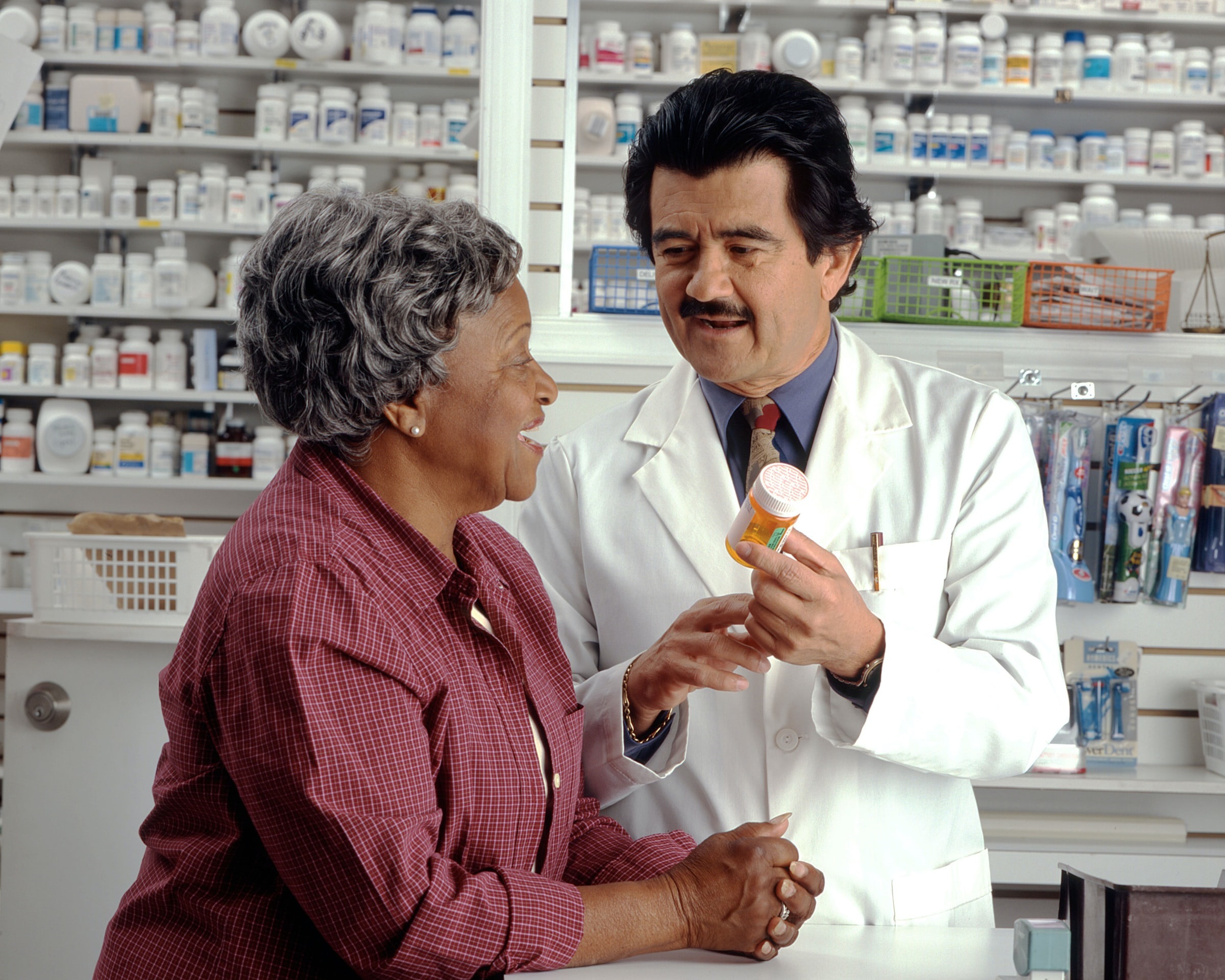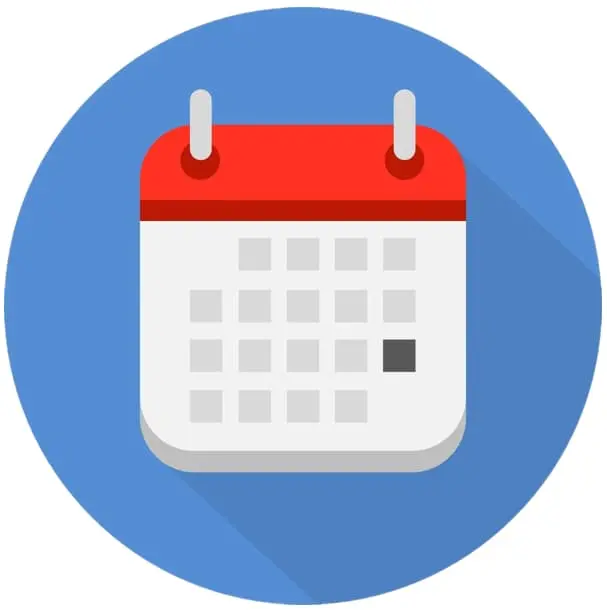What Dose Of Fexofenadine Should I Take?

Content by

Last Updated
Order Fexofenadine Today From £8.75
Use the code "FIRST25" for 25% off
Table of Contents
- Is it safe to take fexofenadine every day?
- How many fexofenadine tablets can I take in a day?
- Can I take two fexofenadine 180mg tablets?
- What is the maximum dose of fexofenadine you can take?
- When is the best time to take fexofenadine?
- Can you take fexofenadine if you are pregnant?
- How about if you are breastfeeding?
Fexofenadine is a non drowsy antihistamine, containing the active ingredient, fexofenadine hydrochloride. It is used to relieve allergy symptoms. This includes symptoms caused by hay fever and seasonal allergic rhinitis, such as a runny nose, sneezing, itchy and watery eyes. It can also be used for mild allergic reactions. The recommended fexofenadine dose for adults and those above the age of 17 is 120mg to be taken once daily. For children aged 6-11 years old, the dose is 30mg twice daily. This dose is available as an over the counter product, which can be purchased from retail outlets as it is a non-prescription drug. The most common brand is Telfast, however, it may also be available as different brands. Whilst the active ingredient fexofenadine hydrochloride is the same across all brands, there may be differences in the inactive ingredients.
Fexofenadine can also be used to treat chronic idiopathic urticaria. This is essentially hives, or an itchy skin rash lasting for a long time. For those above the age of 12, the dose is 180mg to be taken daily. This is the highest dose of fexofenadine, which requires a prescription. A medical history will usually be taken, to ensure that the higher dose is safe for you to take.
The fexofenadine dosage may be higher than 180mg if you are experiencing serious symptoms. This is usually confined to skin issues, and your doctor may prescribe you with a stronger dose. This makes the dose off-label, and will usually involve a specialist doctor such as a dermatologist. This may involve you having to carry out certain laboratory tests, to confirm your diagnosis.
Is it safe to take fexofenadine every day?
Fexofenadine can be taken long term, if you are exposed to allergens on a daily basis. It is well tolerated and generally considered to be a safe drug. Side effects of fexofenadine are mild, and do not affect most people.
It is important to note that taking it in larger doses than prescribed can cause serious side effects. It may take up to several days before you feel the full benefit of the medication, so it is important to keep taking it even if you don't feel immediate relief. If you experience any unusual symptoms while taking fexofenadine, you should contact your doctor or pharmacist.
How many fexofenadine tablets can I take in a day?
You should only take one tablet per day, unless instructed by your doctor. Off-label prescriptions may be taken in higher doses, at regular intervals throughout the day.
Can I take two fexofenadine 180mg tablets?
You should not take two tablets, even if your symptoms are irritating you. Although taking two tablets (360mg) is unlikely to harm you as a one off, it can be harmful to your health if you do this regularly. It supresses your immune response, which can be dangerous. Higher doses will only be prescribed with your doctor's approval, if you have a certain medical condition. You are likely to need regular medical assessments whilst on a higher dose. It is important to note that you should not self treat, even if your symptoms are severe. This may lead to an overdose. If you are experiencing signs of an allergic reaction, you should seek urgent medical attention.
What is the maximum dose of fexofenadine you can take?
The maximum fexofenadine dosage is 180mg once daily. A specialist doctor such as an immunologist or dermatologist, may prescribe you a higher dose. This should only be done under the supervision of a specialist healthcare professional.
If you miss a dose of fexofenadine, it's best to take it as soon as possible within 24 hours of the missed dose. Do not double dose if you remember when it's time for your next dose.
When is the best time to take fexofenadine?
The best time to take fexofenadine is in the morning when you wake up. This ensures that it has enough time to work throughout the day and help you manage your symptoms. It is important to remember that taking fexofenadine does not provide instant relief, it can take several hours for its effects to become noticeable. It has a long half life, which means that they effects are likely to last for the whole day. Food dose not alter the effectiveness of the medication, and you can take it after a meal, or on an empty stomach. It is important to note that certain fruit juices can reduce the effectiveness of the drug. These include grapefruit juice, orange juice and apple juice.
Try to avoid taking fexofenadine at night as it may cause drowsiness and interfere with your sleep. This could lead to fatigue during the day and lower concentration levels. Taking fexofenadine too late in the evening could also cause difficulty waking up in the morning, which can be especially dangerous if you need to drive or operate heavy machinery. However, as fexofenadine is a non-drowsy antihistamine, it is not likely to affect most people.
Can you take fexofenadine if you are pregnant?
Most manufactures advise against taking fexofenadine when pregnant, however, there is no evidence of teratogenicity. Your doctor will advise you on whether or not it is safe to take during pregnancy. Ultimately, it boils down to whether the benefits outweigh the risks.
How about if you are breastfeeding?
Most antihistamines are present in breastmilk. Although not known to be harmful, manufacturers advise against taking fexofenadine if you are breastfeeding. If you wish to use treatment whilst pregnant, you should speak to your doctor or pharmacist.
Whilst all of our content is written and reviewed by healthcare professionals, it is not intended to be substituted for or used as medical advice. If you have any questions or concerns about your health, please speak to your doctor.
